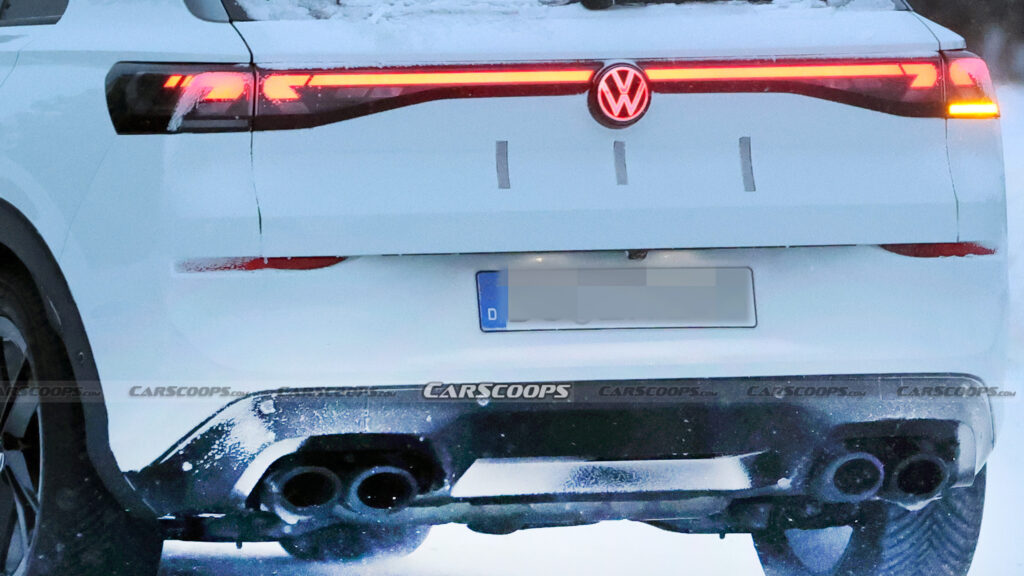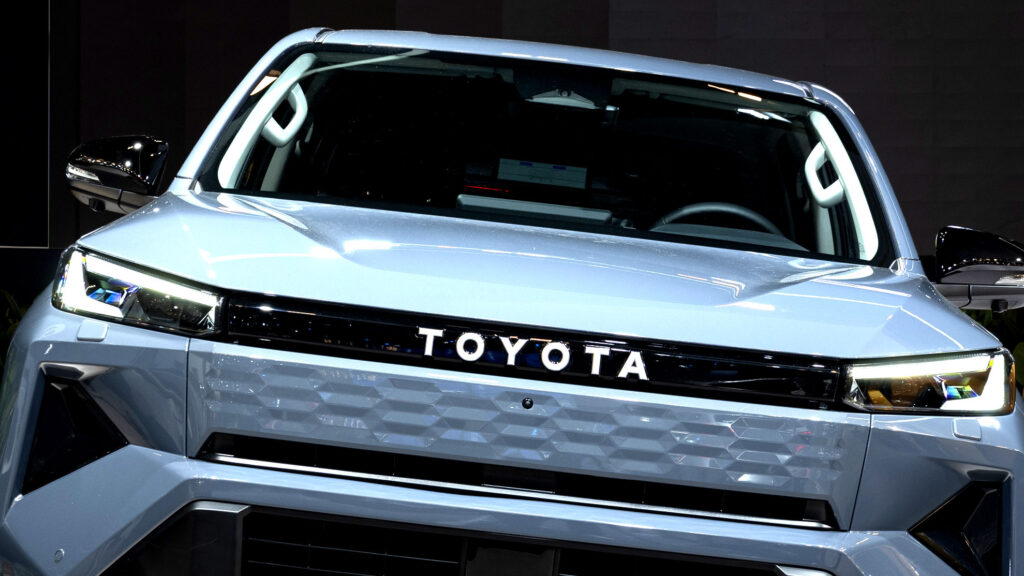China's export landscape is undergoing a significant transformation, driven by the burgeoning demand for high-tech products such as electric vehicles (EVs) and industrial robots. Market analysts note that Chinese manufacturers are strategically adapting their offerings to cater to the diverse preferences of international consumers, particularly in energy-rich regions and emerging manufacturing hubs. This adaptability not only enhances the global competitiveness of Chinese exports but also aligns with the increasing foreign preference for green and intelligent technologies. As a result, China's foreign trade has seen a year-on-year growth of 3.5 percent, with mechanical and electrical products, including vehicles and integrated circuits, accounting for a substantial portion of total exports.
The implications of this shift are profound, as evidenced by the remarkable growth in EV exports, which surged by 45 percent in the first eight months of the year. The evolving export structure reflects a broader trend where traditional labor-intensive products are declining, while high-tech sectors flourish. Companies like Suzhou Junion Intelligent Technology Co Ltd exemplify this trend, reporting a 250 percent increase in exports of collaborative robotic arms and mobile platforms. As projections indicate that vehicle exports could reach 7 million units by 2025, the focus on innovation and responsiveness to market demands positions China favorably in the global trade arena, underscoring the importance of technological advancement in sustaining export growth.








